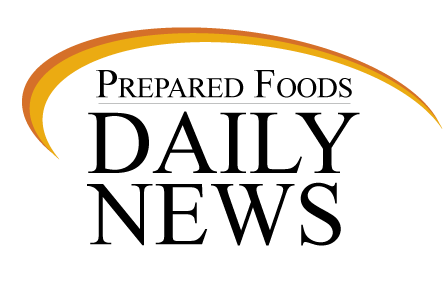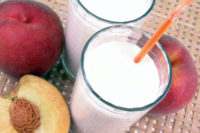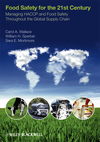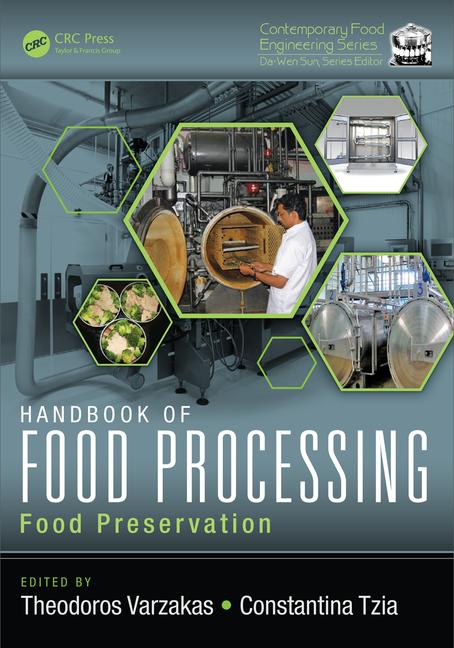Food-based Vitamin D Levels Declining

Lisa Harnack, director of the Nutrition Coordinating Center and professor of epidemiology at the University of Minnesota's School of Public Health, says many Americans fail to get enough vitamin D in their diets to meet recommended intake levels.
"Both men and women have shown a steady decrease in their vitamin D intake," Harnack says in a statement.
Harnack says people -- especially those living in the north -- should aim to include vitamin D rich foods in their diets on a daily basis this winter, including:
-- All types of dairy milk are fortified (added) with vitamin D. However, some brands of soy, rice and other non-dairy milks are fortified with vitamin D while others are not. Read the label to make sure.
-- Some brands of cereal, yogurt, margarine and orange juice are fortified with vitamin D.
-- Some foods like fish and mushrooms naturally contain vitamin D.
The list of foods that are naturally good sources of vitamin D is short, so as people spend less time outdoors in the fall and winter they need to rely on food products fortified with vitamin D to get sufficient vitamin D in their daily diets, Harnack says.
From the September 28, 2011, Prepared Foods' Daily News.
Looking for a reprint of this article?
From high-res PDFs to custom plaques, order your copy today!








